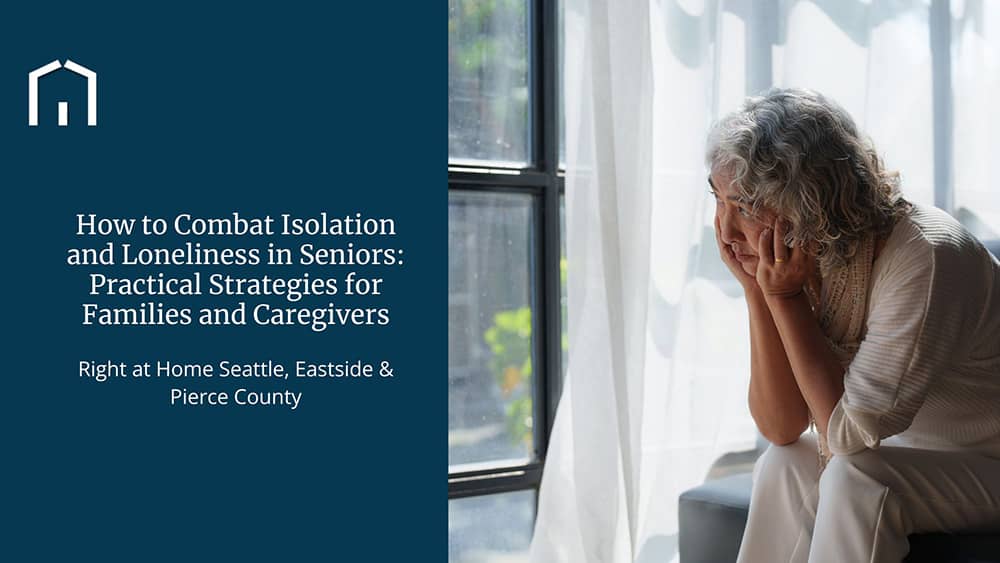

Hygiene Challenges in Individuals with Alzheimer's Disease
Maintaining personal hygiene can become increasingly challenging for individuals with Alzheimer’s disease (AD). As the condition progresses, confusion, forgetfulness, and emotional stress can disrupt previously well-established routines. Addressing these challenges compassionately and effectively can improve both the individual’s well-being and the caregiver’s experience.
Common Hygiene Challenges in Alzheimer’s
Forgetting Routines: Individuals with Alzheimer’s may simply forget to bathe, brush their teeth, or change clothes.
Emotional Distress: Hygiene tasks may trigger confusion or fear, particularly if the person does not recognize their caregiver or feels invaded.
Resistance to Assistance: Being confronted about hygiene can lead to feelings of embarrassment or loss of independence, causing frustration or resistance.
Sensory Issues: Water, soap, or certain textures may feel unpleasant or overwhelming, leading to avoidance of hygiene tasks.
Tips for Managing Hygiene Challenges
Maintain a Simple Routine: Consistency is key. Establish a predictable schedule for hygiene activities to reduce confusion and resistance. For instance, bathing at the same time every day can create a comforting routine.
Redirect Behaviors: If the individual is resistant, gently redirect their attention. For example, involve them by asking for help: “Can you show me how you brush your hair?” or, “Can you help me get ready for the day?”
Use Positive Reinforcement: Encourage participation by praising their efforts. This helps build confidence and reduces stress associated with hygiene tasks.
Adapt to Preferences: Respect their preferences whenever possible. If they dislike baths, consider a shower or sponge bath. Adjust water temperature and use products they are familiar with to increase comfort.
Break Tasks into Steps: Simplify tasks by breaking them into smaller, manageable steps. Instead of saying, “Let’s take a bath,” say, “Let’s wash your hands and face first.”
Create a Calm Environment: Keep the bathroom environment soothing. Soft lighting, warm water, and calming music can help reduce anxiety.
Offer Choices: Providing choices, such as picking a favorite shampoo or selecting clothes, can help the individual feel more in control and cooperative.
When Resistance Escalates
If hygiene routines trigger strong negative emotions, step back to de-escalate the situation. Forcing the activity in the moment can lead to further resistance and emotional distress. Instead:
Pause and try again later.
Seek advice from professionals, such as a doctor or occupational therapist, for tailored strategies.
Final Thoughts
Hygiene is a sensitive and personal topic, and managing it with individuals living with Alzheimer’s requires patience, empathy, and adaptability. By understanding their challenges and working around their needs, caregivers can make hygiene routines less stressful and more manageable. These small adjustments can significantly enhance the quality of life for both the individual and their caregivers.







